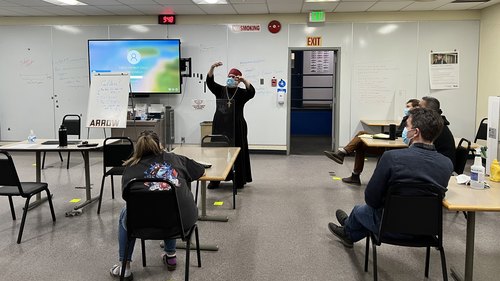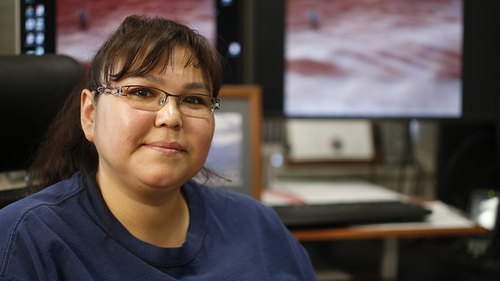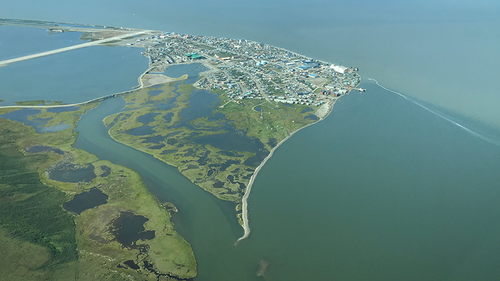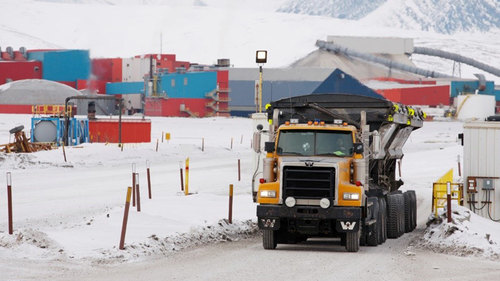Our sites online services use cookies and other technology settings, which may be provided by third parties, for analytics, marketing, and targeted advertising purposes, as well as to operate and improve our online services and other products and services, protect security, prevent fraud, personalization, and other online features. These technologies also enable us and third parties to record user sessions and interactions with our sites and online services, and to collect other activity and user data, such as IP address, referring URL, browsing and search history, and online communications.
You can opt-out of most cookies on this site, other than those that are ‘Strictly Necessary.’ However, we will still serve ‘Strictly Necessary’ cookies (e.g., those we use to operate the site properly and securely), which enable us and the third parties to collect and track certain user data, such as IP addresses, device IDs and other online identifiers, referring URLs, contents of communications, browser and OS type and version, date/time stamps, and other browsing data. To change your cookie preferences, you can toggle on and off each of the below categories of cookies (other than Strictly Necessary) or click ‘Strictly Necessary Cookies Only’ to turn off all cookies other than those that are ‘Strictly Necessary.’ More Info:
PRIVACY NOTICE.
Right to opt out of “sales” and “sharing” under the CCPA (CA Residents): California residents have the right to opt out of “sales” and “sharing” for targeted advertising, under the California Consumer Privacy Act (“CCPA”). You can opt out of ‘sales’ and ‘sharing’ under CCPA, via your browser by using this preferences manager or by enabling global privacy control (“GPC”) signals. If we detect that your browser is transmitting a GPC signal when you visit this site, we will opt your browser out of ‘sales’ and ‘sharing’ via cookies on this site (which will turn off all cookies other than those that are “Strictly Necessary”). More information on GPC is available
here. You can also turn off all but ‘Strictly Necessary’ cookies by clicking the ‘Strictly Necessary Cookies Only’ button below.
Please note that your cookie preferences are browser and device specific. So, if you come back to this site from a different device or browser, or delete cookies on your current browser, you will need to re-apply your settings.










